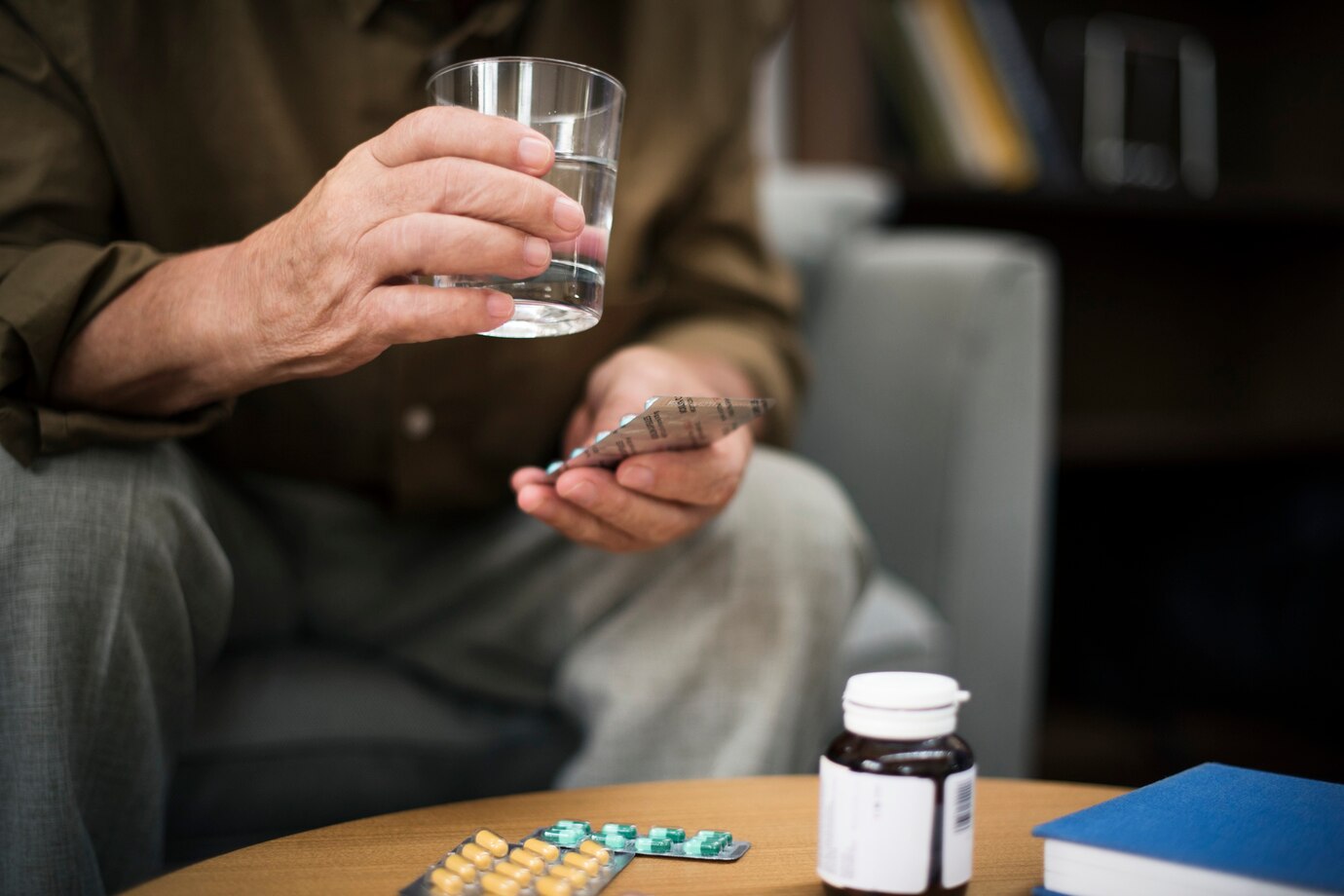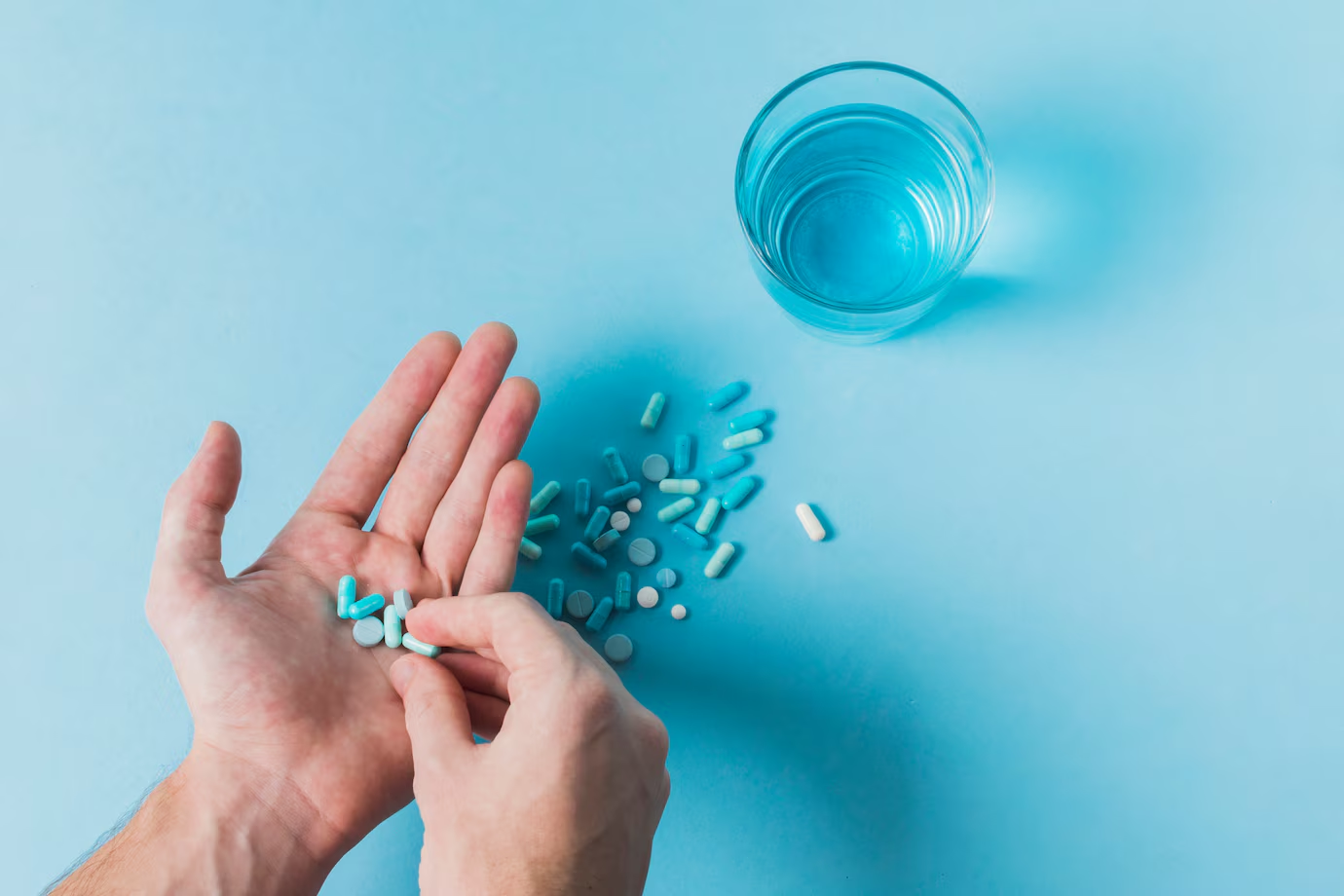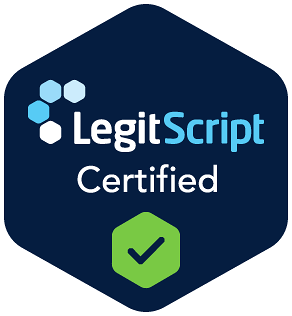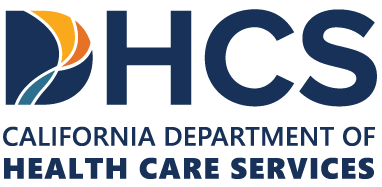24/7 Nursing for Treatment Centers
The Benefits of 24/7 Nursing (Onsite) for Treatment Centers
This page examines the benefits of 24/7 onsite nursing services, exploring how continuous medical supervision improves patient safety, treatment outcomes, and overall recovery success. The presence of qualified nursing professionals throughout the entire treatment process establishes a foundation of medical security, enabling individuals to focus on healing while maintaining optimal health and safety standards.

Immediate Medical Response and Crisis Management
Withdrawal symptoms can emerge unpredictably, provoking potentially dangerous situations that require immediate intervention. Having registered nurses available around the clock ensures that individuals receive prompt medical attention when complications arise.
Nurses can quickly assess and respond to:
- Severe withdrawal symptoms requiring medication adjustments.
- Cardiovascular complications during detoxification.
- Seizure activity associated with alcohol or benzodiazepine withdrawal.
- Respiratory distress from opioid withdrawal management.
- Psychiatric emergencies needing immediate stabilization.
The immediate response capability prevents minor complications from escalating into severe medical crises. Facilities with 24/7 nursing support experience much lower rates of medical emergencies requiring hospital transfers.
Continuous Medication Management and Monitoring
MAT (medication-assisted treatment) protocols require precise management. Nurses monitor patient responses to medications like buprenorphine, methadone, or naltrexone, adjusting dosages based on individual needs and withdrawal severity. They also manage co-occurring mental health medications, ensuring integration with addiction treatment protocols.
Continuous monitoring prevents medication errors and identifies adverse reactions before they become severe complications. Nurses maintain detailed medication logs, track patient responses, and promptly communicate changes to attending physicians.


Enhanced Patient Safety and Security
Vulnerable individuals in early recovery face many risks that benefit from professional oversight. Nurses provide continuous safety monitoring, preventing accidents and identifying potential risks before they result in injury.
Safety protocols include:
- Regular vital sign monitoring and documentation.
- Fall risk assessments for patients experiencing withdrawal symptoms.
- Suicide risk evaluation and intervention.
- Medical equipment oversight and maintenance.
- Emergency response coordination.
The presence of medical professionals creates a secure environment where individuals feel protected and supported throughout their treatment journey. This reduces anxiety and enables patients to focus on recovery without fear of medical complications.
Comprehensive Withdrawal Management
Withdrawal symptoms vary widely depending on the person and substance involved. Nurses provide expert assessment and intervention throughout the withdrawal process, maximizing patient safety and comfort.

Alcohol withdrawal

Opioid withdrawal

Benzodiazepine withdrawal
Coordination of Medical Care
Nurses serve as links between patients, physicians, and treatment team members, ensuring seamless communication and coordinated care delivery. They provide detailed patient updates, communicate changes in condition, and facilitate medical consultations. This coordination includes:
- Daily physician rounds and patient assessments.
- Laboratory test scheduling and results interpretation.
- Specialist consultations and referrals.
- Medical record maintenance and documentation.
- Treatment plan adjustments based on patient progress.
Effective coordination prevents communication gaps that could compromise patient care, ensuring that all medical needs receive the appropriate attention.


Emotional Support and Patient Advocacy
Professional nursing staff appreciate the psychological challenges of addiction and withdrawal, offering empathetic support while maintaining appropriate clinical boundaries. They advocate for patient needs, ensuring that concerns receive attention and that treatment plans remain patient-centered.
This emotional support component has a significant impact on treatment engagement and retention rates, as patients feel more secure and supported throughout their recovery process.
Family Communication and Education
Nurses streamline communication between patients and their families, providing updates on medical progress and treatment milestones. They educate families about addiction as a medical condition, withdrawal processes, and recovery expectations.
Family education includes:
- Understanding addiction as a chronic and relapsing disorder.
- Recognizing signs of medical complications.
- Supporting recovery efforts appropriately.
- Managing expectations about treatment timelines.
- Preparing for ongoing recovery support needs.
This education helps families become effective partners in the recovery process while reducing anxiety about their loved one’s medical condition.


Quality Assurance and Regulatory Compliance
Professional nursing staff ensure that treatment facilities maintain high standards of medical care and regulatory compliance. They implement quality improvement initiatives, keep accurate medical records, and ensure adherence to healthcare regulations.
Regulatory compliance includes:
- Joint Commission standards for healthcare facilities.
- State licensing requirements for addiction treatment centers.
- Federal regulations governing medication-assisted treatment.
- HIPAA privacy and security requirements.
- Emergency response protocols and documentation.
Maintaining these standards protects both patients and facilities while ensuring that treatment meets professional healthcare standards.
Cost-Effectiveness and Treatment Outcomes
While 24/7 nursing services represent a major investment, they provide substantial cost savings through reduced emergency room visits, hospital transfers, and treatment complications. Patients receiving continuous nursing care experience fewer medical crises and maintain better treatment engagement.
Research suggests that facilities with comprehensive nursing support achieve:
- Higher treatment completion rates.
- Lower rates of medical complications.
- Reduced need for emergency medical services.
- Improved patient satisfaction scores.
- Better long-term recovery outcomes.
These improvements result in better treatment value and lower overall healthcare costs for patients and insurance providers.

Get Effective Residential Addiction Treatment at a Premier California Rehab
24/7 onsite nursing care transforms addiction treatment by providing the medical foundation for safe and effective recovery. At The Retreat South Coast, our around-the-clock nursing staff ensures that every individual receives the medical attention, emotional support, and professional care they deserve throughout their healing journey.
Our experienced nursing team works alongside our comprehensive treatment approach, combining medical expertise with personalized care to support lasting recovery from drug or alcohol addiction. Don’t let another day pass without the support you need: call The Retreat South Coast today at (949) 612-4789.





